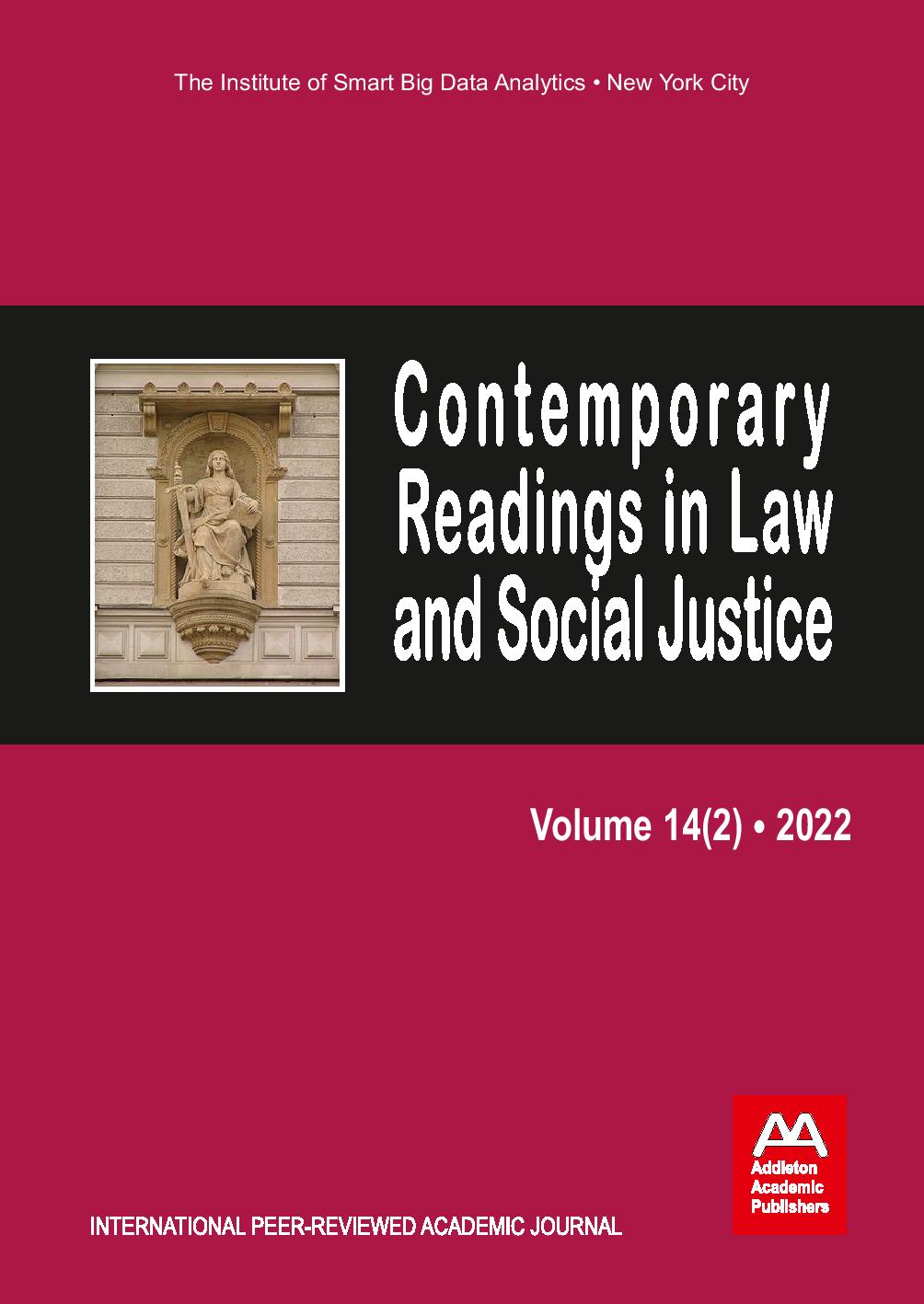The Social Ethics of Autonomous Vehicle Routing and Navigation: Spatial Recognition Technologies, Environment Mapping Algorithms, and Mobility Simulation Tools
The Social Ethics of Autonomous Vehicle Routing and Navigation: Spatial Recognition Technologies, Environment Mapping Algorithms, and Mobility Simulation Tools
Author(s): Robert BarnesSubject(s): Ethics / Practical Philosophy, Transport / Logistics
Published by: Addleton Academic Publishers
Keywords: autonomous vehicle; routing; navigation; spatial recognition technology; environment mapping algorithm; mobility simulation tool;
Summary/Abstract: The objective of this paper is to systematically review connected vehicle data, spatial recognition technologies, and machine learning and computer vision algorithms. The findings and analyses highlight that autonomous mobility technologies leverage vehicle and pedestrian detection tools, road environment data, and environment mapping and predictive control algorithms. Throughout May 2022, a quantitative literature review of the Web of Science, Scopus, and ProQuest databases was performed, with search terms including “social ethics” + “autonomous vehicle routing and navigation” + “spatial recognition technologies,” “environment mapping algorithms,” and “mobility simulation tools.” As research published in 2022 was inspected, only 188 articles satisfied the eligibility criteria. By taking out controversial or ambiguous findings (insufficient/irrelevant data), outcomes unsubstantiated by replication, too general material, or studies with nearly identical titles, I selected 35 mainly empirical sources. Data visualization tools: Dimensions (bibliometric mapping) and VOSviewer (layout algorithms). Reporting quality assessment tool: PRISMA. Methodological quality assessment tools include: AMSTAR, Dedoose, Distiller SR, and SRDR.
Journal: Contemporary Readings in Law and Social Justice
- Issue Year: 14/2022
- Issue No: 2
- Page Range: 154-171
- Page Count: 18
- Language: English
- Content File-PDF

